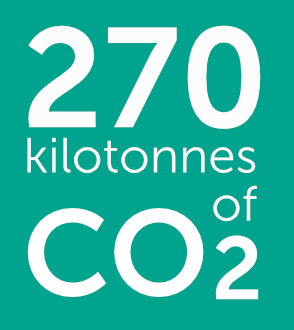Facts & Figures
How digital technologies contribute to addressing society’s challenges.
CALL FOR SOLUTIONS
If you yourself are aware of a study, survey or pilot project that fits well into our campaign “#JOINTHESOLUTION: We are part of the solution – the Internet industry”, then we’d love if you sent us an email to: info@eco.de
- How do digital technologies help to reduce CO2 emissions?
- How can AI algorithms, machine learning and robotics contribute to the fight against cancer, illegal deforestation or pollution of the oceans?
- How do digital technologies help to make everyday life easier for people requiring care and lift the burden from the healthcare system?
- And to what extent do managers and consumers see digital technologies as part of the solution in counteracting social challenges such as climate change?
Here you can find a number of facts & figures that we have compiled.
Facts & Figures: An Overview
Around 5.4 million tonnes
of CO2 emissions could be reduced per year from a transport perspective, if 40 % of employees worked permanently from home two days a week.Source: Study by the Berlin think tank IZT on behalf of Greenpeace
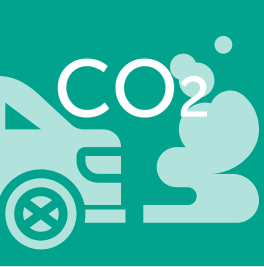

1 year earlier
than when lung cancer is currently being diagnosed, an AI programme can detect signs of this cancer on CT scans. Every year, around 1.8 million people die of lung cancer worldwide. It is the form of cancer with the highest mortality rate of all.Source: Study by the National Institute for Research in Digital Science and Technology (Inria), University of Côte d'Azur
30 % more yield
from the same acreage, 251 quintillion litres of water saved, 20 % less food waste, and 2 gigatons less CO2 emission equivalents – all of this could be achieved through smart farming.Source: CSR Report 2021 Telecom SMARTer2030 Study by the Global e-Sustainability Initiative (GeSI)
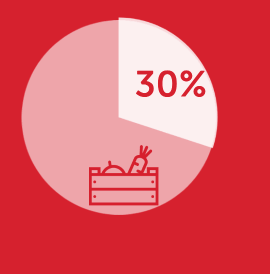
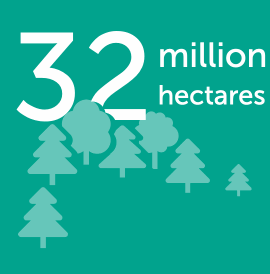
A total of 32 million hectares of forest
could be protected by 2030 through the deployment of AI in the prediction of illegal logging.Source: Magazine of the German Fraunhofer Institute for Cognitive Systems (IKS)
75 % of companies globally
are of the opinion that technology will play a key role in achieving their sustainability goals.Source: Google customer survey of 1,500 executives in 16 countries
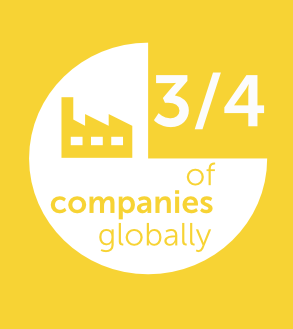
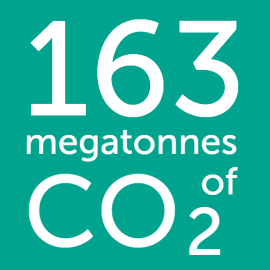
CO2 emissions savings of 163 megatonnes
will be enabled by 2050 through the use of digital levers in the combined City, Rural and Industry sectors. This amounts to 20 % of the total emissions forecast for Germany by 2050.Source: “Digital Transformation for More Sustainability: The Positive Impact of Digital Technologies and Infrastructure on the Carbon Footprint of Industry and Society”, published by eco Association in association with Arthur D. Little.
Amounting to more than $2 million US dollars
Airbnb users around the world have booked apartments in Ukraine to financially support the local people, without having to actually travel there.Source: NPR, Status in March 2022

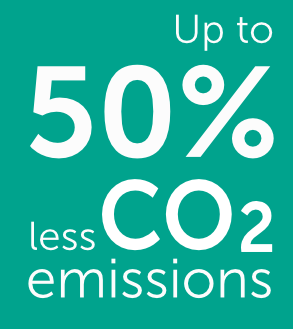
Up to 50 % less CO2 emissions
Sharing concepts and the improvement of traffic flows, based on actions such as smart parking, could reduce CO2 emissions in urban car traffic by up to 50 % by 2030.Source: Study "The Smart City Market in Germany, 2021-2026", Arthur D. Little on behalf of eco
14 megatonnes
of CO2 emissions could be reduced by 2030 through connected mobility.Source: “Digital Transformation for More Sustainability: The Positive Impact of Digital Technologies and Infrastructure on the Carbon Footprint of Industry and Society”, published by eco Association in association with Arthur D. Little.
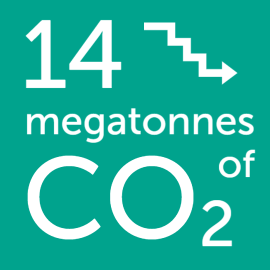
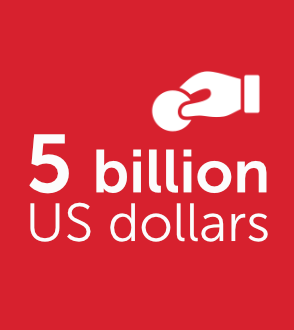
$5 billion US dollars
have now been raised by people for nonprofits and personal causes through Facebook and Instagram fundraising alone.Source: Survey by Meta, as of March 2021
80 % of underwater waste can be detected, 90 % of it collected
In the SeaClear project, the project partners are developing a system of robots and AI that locates and collects waste in the sea. In its fully operational status, the technology should be able to autonomously detect and classify 80 % of underwater litter and collect 90 % of this waste. Estimates suggest that there are now between 100 and 142 million tonnes of waste in the oceans, with about 70 % sinking to the bottom.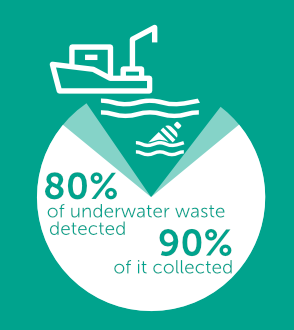
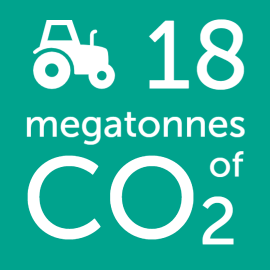
18 megatonnes
of CO2 emissions could be saved by 2050 through the use of IoT applications on farms.Source: "Digital Transformation for More Sustainability: The Positive Impact of Digital Technologies and Infrastructure on the Carbon Footprint of Industry and Society", published by eco Association in association with Arthur D. Little.
64 megatonnes of CO2
could be saved in Germany in 2030 due to digitalisation in industrial manufacturing.Source: Study "Digitalisation and Sustainability" by IW Consult on behalf of the Vodafone Institute
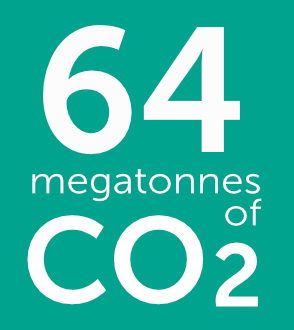
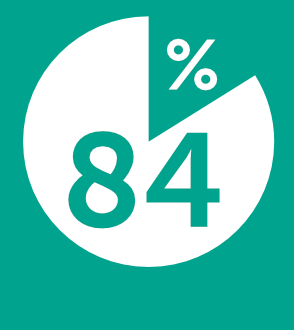
84 % of people
believe that, with the help of AI, companies will make more progress towards sustainable and social goals.Source: Oracle "No Planet B: How Can Businesses and Technology Help Save the World?" surveyed more than 11,000 consumers and business leaders in 15 countries
Approximately 240,000t CO2e per year
could be saved in the German state of Hesse by the long-term substitution of business trips with video conferences.Source: Study on sustainability potentials in and via digitalisation in Hesse by Dr. Ralph Hintemann | Dr. Jens Clausen | Dr. Severin Beucker | Simon Hinterholzer
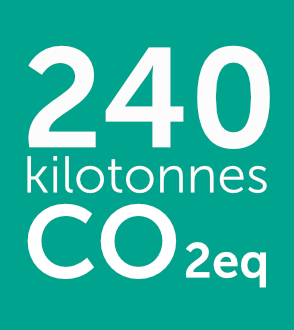
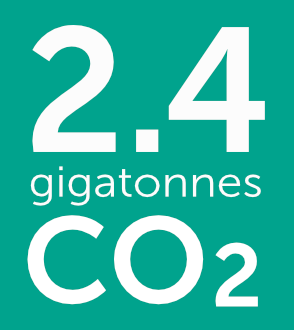
2.4 gigatons of CO2 emissions
The application of AI levers could reduce global greenhouse gas emissions by 4 % by 2030.This equates to a total of 2.4 gigatons of CO2 emissions – an amount which is equivalent to the expected 2030 total annual emissions of Australia, Canada and Japan combined.
95 %
of CO2 emissions from waste management could be alleviated by 2050. This would amount to a CO2 saving of 3.8 megatonnes.Source: "Digital Transformation for More Sustainability: The Positive Impact of Digital Technologies and Infrastructure on the Carbon Footprint of Industry and Society", published by eco Association in association with Arthur D. Little.
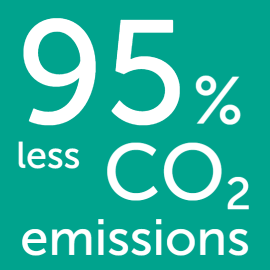
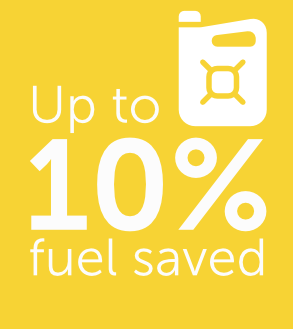
Up to 10 % fuel
can be saved by using smart farming solutions such as intelligent agricultural machinery, field robots, monitoring drones and more. The use of herbicides would be reduced by up to 61 %.Source: Study "Digitalisation and Sustainability" by IW Consult on behalf of the Vodafone Institute
360,000 shelters for refugees
have been assembled in Germany through an alliance of social organisations on the digital platform unterkunft-ukraine.de, which aims to help war refugees find temporary accommodation.Source: unterkunft-ukraine.de website, as of March 2022

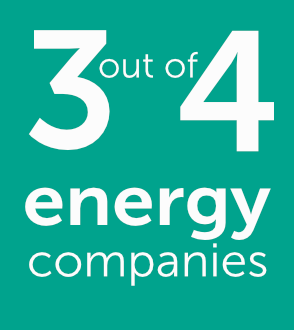
3 out of 4 energy companies in Germany
believe that the use of AI will enable a more sustainable energy industry.Source: Survey by the German Energy Agency (dena)
1 million tonnes of CO2 emissions per year
can be saved in car traffic, according to Google estimates, with this development based on Google Maps showing users the route with the lowest CO2 emissions by default, when the estimated arrival time is comparable to the fastest route.Source: Google Blog
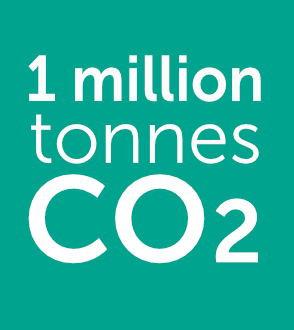
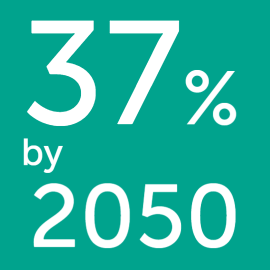
37 %
of industry CO2 emissions could be reduced by 2050 via IoT devices. This would amount to a reduction of 55 megatonnes.Source: "Digital Transformation for More Sustainability: The Positive Impact of Digital Technologies and Infrastructure on the Carbon Footprint of Industry and Society", published by eco Association in association with Arthur D. Little.
76 % of Germans
support the idea of a robot being used to remind people in need of care to take their medication, food or drink.Source: Study "Demographic View on Digital Support in the Field of Care" (2018) by the German Centre for Quality in Care (ZQP) foundation
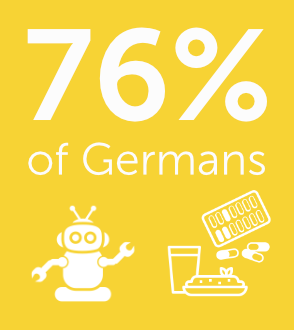
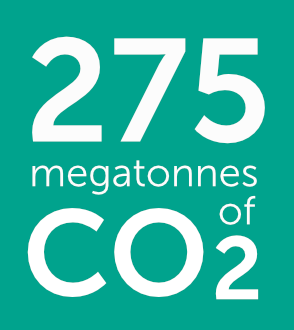
275 million tonnes of CO2
Smart buildings will save 275 million tonnes of CO2 by 2026.Source: Study "The Smart City Market in Germany, 2021-2026", Arthur D. Little on behalf of eco
A saving of 270,000 tonnes of CO2 emissions
The introduction of gigabit-enabled infrastructures could lead to a saving of 270,000 tonnes of CO2 emissions for data transport in Germany by 2026.Source: Study "The Smart City Market in Germany, 2021-2026", Arthur D. Little on behalf of eco
